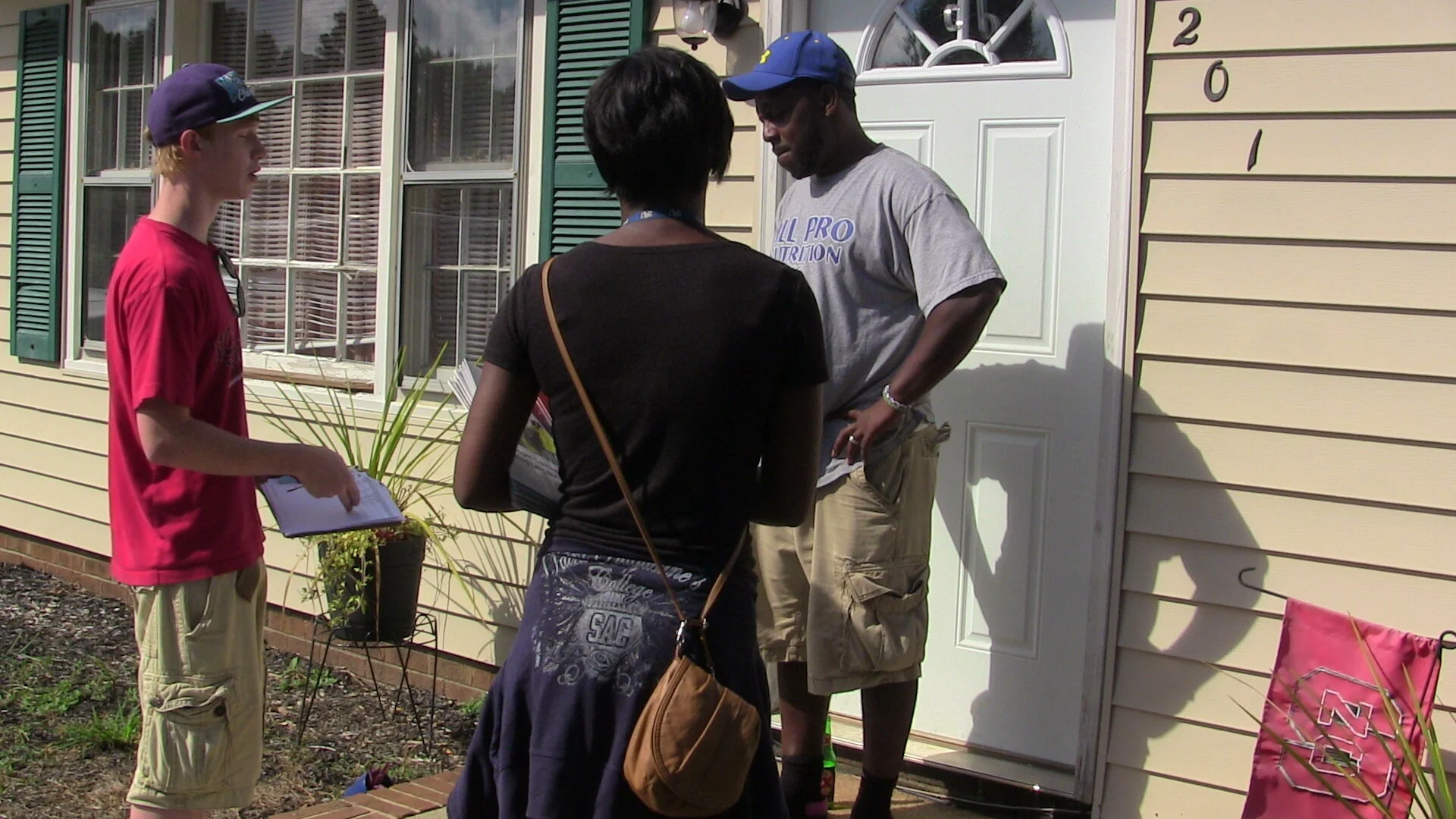By Tanya Wilkinson
Activists and organizers always face the fundamental challenge of persuading voters to listen. Simply getting a potential voter’s attention can be a major obstacle. That process becomes much more challenging and complex when the nation is in the grip of a deadly pandemic.
For many years the gold standard of organizing has been the face-to-face encounter, whether on the voters’ doorstep or at a table set up in a mall or a Farmer’s Market. COVID-19 has made this impossible. Cautious voters will not, and should not, answer the door if a stranger with a clipboard knocks on it. At the same time activists are more anxious than ever about the state of the country and keenly aware of the consequences of November’s elections.
According to Rolling Stone the COVID-19 crisis has all but ended conventional political campaigning for the foreseeable future. Responsible candidates no longer schedule rallies, meet-and-greets, or other in-person events for fear of spreading the virus. Most of the political sparring right now is happening online, but even that could see a dramatic drawdown if Facebook follows through on a possible plan to ban political ads closer to Election Day.
As a consequence of these changes community organizers have pivoted, adopting a new mode of phone-banking called “deep canvassing.” Airlift supported groups, such as Down Home North Carolina and Pennsylvania Stands Up have joined People’s Action, a nationwide progressive-populist organization that trains their organizers in the deep canvassing technique, hoping to forge new connections, especially with voters in rural areas. The trainings focus on providing canvassers with the skills of compassionate curiosity and to listen and ask questions of voters in a non-judgmental manner that would elicit narratives from voters about their experiences. Trainings often involved role play and viewing video of past canvass conversations.
When using this approach volunteers and organizers engage in extended, empathetic conversations, allowing the potential voter to set the pace and, to a large extent, the agenda. This stands in sharp contrast to the more usual canvassing technique, which usually involves the canvasser following a script of talking points, whether in person or on the phone, while the voter is a passive listener. Deep canvassing is profoundly interactive, requiring more personal involvement from activists and prompting more engagement from potential voters. The goal is to find shared values and common ground in order to combat prejudice and shift beliefs.
The resulting, more intimate, conversations are central to the People’s Action Institute’s strategy, which has three major components:
“Building a bigger we” that includes immigrants and refugees;
Help people make meaning of their experiences and share an analysis that immigrants and people of color are not drivers of scarcity but are equally impacted by the concentration of wealth in the hands of the few; and
Shape a vision of a multiracial democracy that creates shared abundance
Rolling Stone cites a growing body of academic research that finds deep canvassing done in person or by phone can have a real, measurable effect on changing voters’ thought process. In a time when people are isolated and craving human contact, this kind of phone banking offers a warm, connected approach to the battle for hearts and minds. It is a method especially well suited to an organization like Down Home North Carolina, which prides itself on pursuing change through personal connections and which participated in a canvassing experiment in 2019. According to In These Times, the results were startling: research found that the canvasses shifted about eight out of 100 respondents toward supporting a government program of expanded healthcare that would include undocumented immigrants, and that the results persisted for at least four and a half months. Those who shifted their opinions included both supporters and opponents of President Trump; registered Democrats, Republicans and independents; men and women.
Down Home N.C. runs online teach-ins that function as a “crash course which will give you the tools to have deep conversations with friends and family.” See Get Down with Relational Organizing for more information. And for an on-the-ground sense of deep canvassing listen to Onah Ossai, PA Stands Up organizer, describe her experience as a deep canvasser here.

